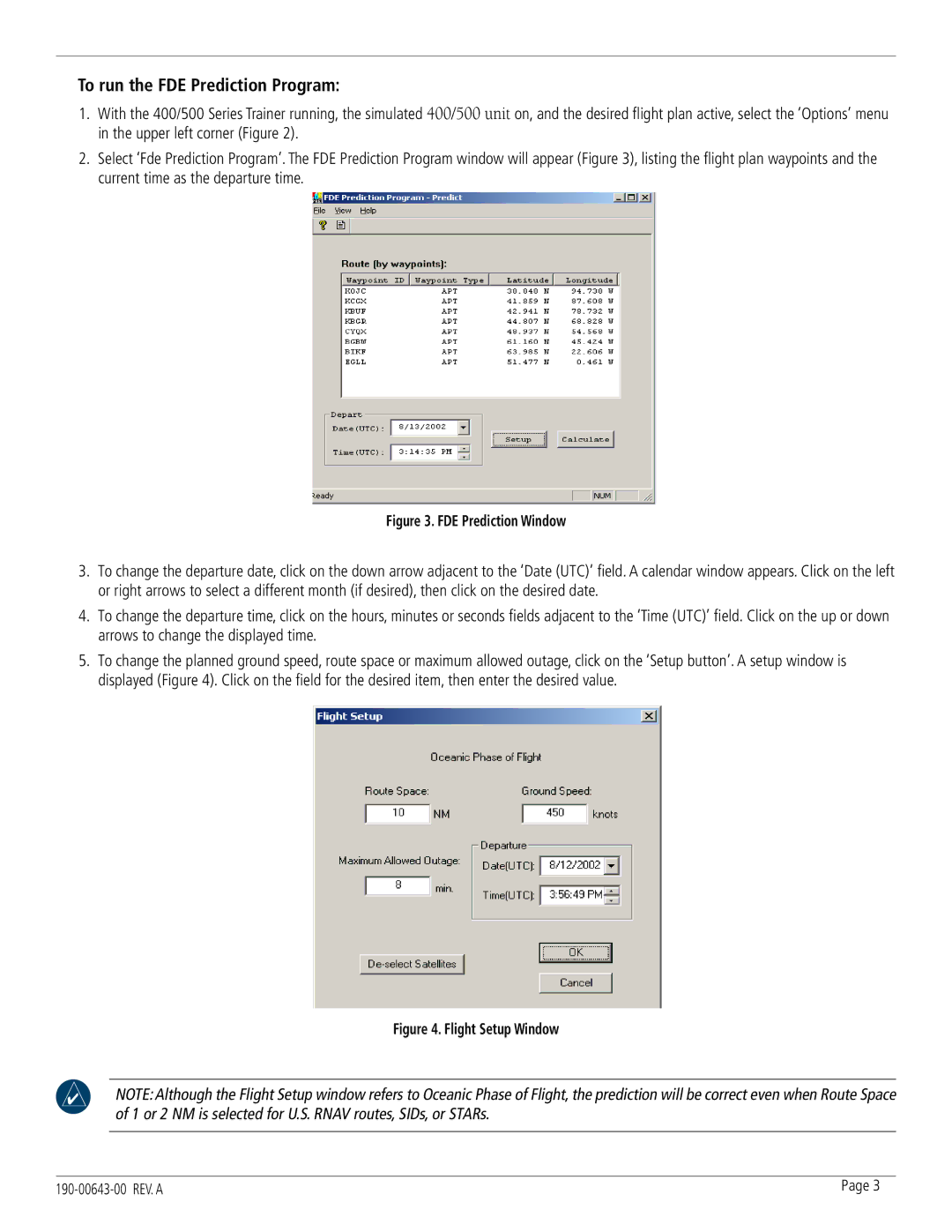400, 500 specifications
The Garmin 500 and 400 series of devices are highly regarded in the world of GPS navigation and fitness tracking. These models have been designed to cater to various needs, making them popular among outdoor enthusiasts, athletes, and everyday users alike.The Garmin 500 series, particularly the Edge 500 model, is an advanced cycling computer that comes equipped with a multitude of features geared toward cyclists. One of its standout characteristics is its robust GPS capability, which allows riders to track their speed, distance, elevation, and time. The device has a built-in accelerometer that aids in tracking performance metrics, providing valuable insights into ride efficiency. It is also capable of recording data points like heart rate and power output when connected to compatible sensors, which is essential for serious cyclists looking to refine their performance.
On the other hand, the Garmin 400 series is known for its versatility in navigation across multiple outdoor activities. The GPSMAP 400 series provides dependable marine navigation for boaters and fishing enthusiasts. It features a high-sensitivity GPS receiver, ensuring accurate location tracking even in challenging environments. With its color display and user-friendly interface, navigating through complex waterways becomes seamless.
Both the Garmin 500 and 400 series come equipped with cutting-edge technologies, including GLONASS support, which increases satellite acquisition time and accuracy in dense urban environments or wooded areas. The Ant+ connectivity feature is another highlight, allowing seamless pairing with various sensors like heart rate monitors, speed and cadence sensors, and power meters - crucial for cyclists and fitness enthusiasts.
In terms of battery life, both device series offer impressive performance, with the Edge 500 lasting up to 18 hours on a single charge and the GPSMAP 400 offering long-lasting power for extended trips on the water.
In conclusion, the Garmin 500 and 400 series are prime examples of modern GPS technology, with each series tailored to meet the specific needs of cyclists and outdoor adventurers. Their array of features, solid build quality, and connectivity options make them indispensable tools for optimizing performance and ensuring safety on the road or at sea. Whether you are looking to enhance your cycling game or navigate waterways with confidence, these devices offer unparalleled performance and reliability.

